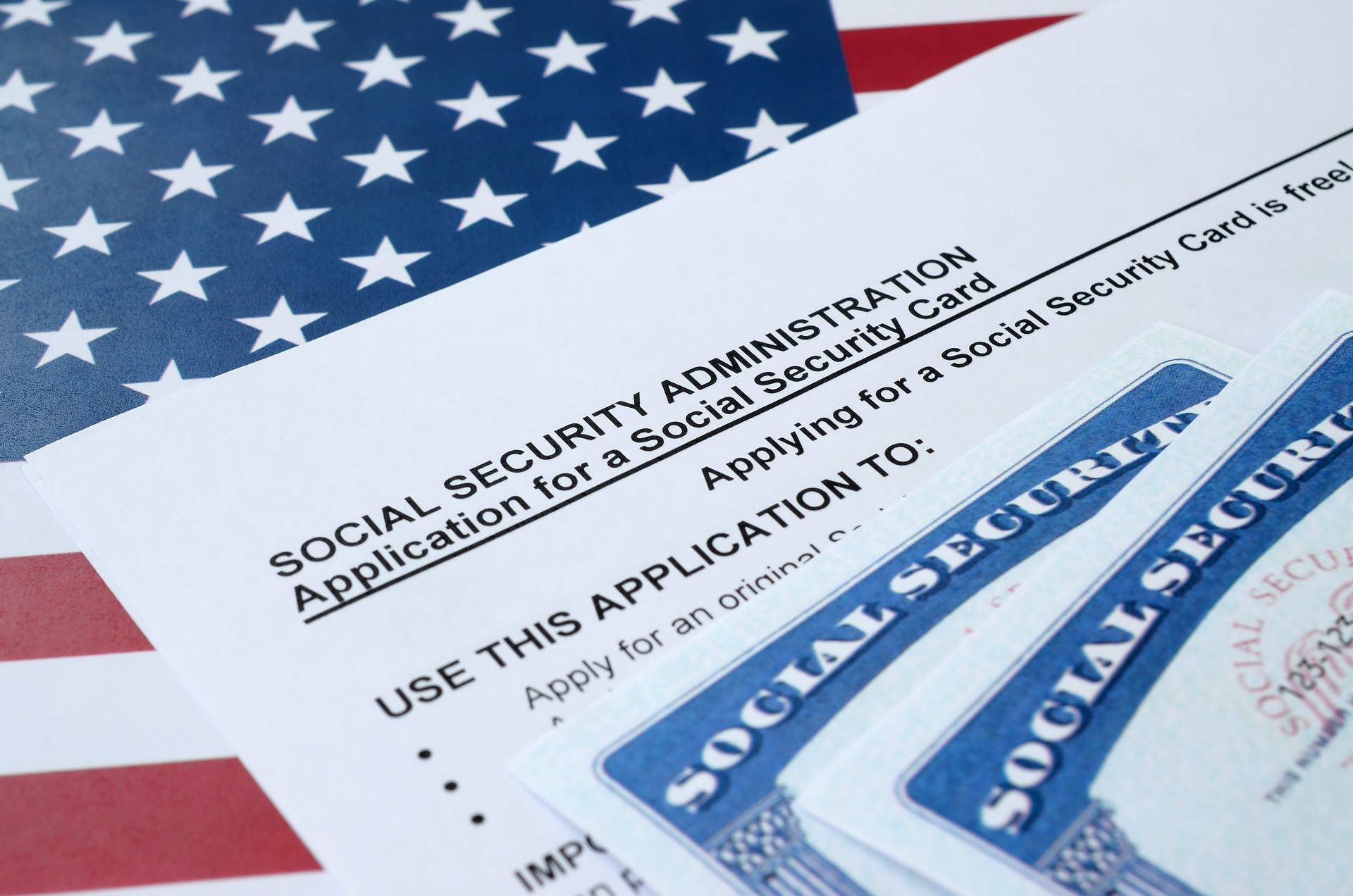
Moving to Portugal: Sunshine, Simplicity, and the Taxes Nobody Warned You About
When my wife and I first started looking at Portugal, we weren’t chasing tax breaks. We wanted balance — slower mornings, sunlight, and a life that didn’t feel like a race.
Portugal seemed to have it figured out: affordable healthcare, real community, safety, and a pace that gives you time to breathe. But here’s what most YouTube videos and relocation guides gloss over — when you move abroad, you might leave the U.S., but the IRS doesn’t leave you.
Why Portugal Just Makes Sense
Portugal is one of the easiest and most affordable ways to live well in Europe.
- The cost of living is lower than most major U.S. cities.
- The healthcare system is affordable and modern.
- The visas — especially the D7 (retirement/passive income) and D8 (digital nomad) — make it easy to stay long-term.
If you’re retired, freelancing, or running a remote business, Portugal gives you everything you need — quality of life, safety, and time. You just need to understand the tax trade-offs that come with that glass of vinho verde.
The IRS Still Wants to Hear From You
Here’s the first reality check: as a U.S. citizen, you’re still required to file a U.S. tax return every year — no matter where you live.
But that doesn’t mean you’ll be taxed twice. The U.S.–Portugal Tax Treaty and the Foreign Tax Credit (Form 1116) prevent double taxation. You’ll pay Portuguese tax first, then offset that against your U.S. liability.
In most cases, you’ll end up owing little or nothing to the IRS — but you still have to file.
Think of it this way: you’ll file twice, but pay once.
The End of NHR (and What Replaces It)
For years, Portugal’s Non-Habitual Resident (NHR) program was a golden ticket — ten years of generous tax breaks for foreign residents. But as of 2024, it’s closed to most new applicants.
If you already have NHR status, you’ll keep your benefits for up to ten years, including that 10% flat tax rate on foreign pension income.
If you’re moving now, a narrower replacement program — called NHR 2.0 or IFICI (Incentives for Scientific Research and Innovation) — offers benefits for professionals in research, tech, and academic fields. For everyone else, standard Portuguese tax rates apply, roughly 12.5% to 48%, depending on your income.
Even with those rates, most Americans still find Portugal’s system more transparent — and often less expensive — than what they left behind.
How Portugal and the U.S. Split the Bill
Here’s how the two systems interact:
- Work income: taxed in Portugal, then credited on your U.S. return.
- Dividends and interest: usually taxed in Portugal, sometimes at reduced treaty rates.
- Capital gains: Portugal taxes local assets and certain global ones; U.S. taxes U.S. gains.
- Rental income: taxed where the property is located, with credits on the other side.
- Pensions and Social Security: Portugal takes the lead here — more on that below.
How U.S. Social Security Is Taxed in Portugal
This one surprises a lot of Americans. Under Article 18(2) of the U.S.–Portugal Tax Treaty, your Social Security benefits are taxed only in the country where you live — not both.
That means once you become a Portuguese tax resident, the IRS no longer taxes your Social Security. Instead, Portugal does.
Here’s how it plays out:
- If you’re under the old NHR regime, your U.S. Social Security is taxed at a flat 10%.
- If you’re a new resident under normal tax rules, it’s taxed as regular income at Portugal’s progressive rates (12.5%–48%), depending on your total earnings.
So you’ll still report your benefits on your U.S. return for disclosure — but no U.S. tax is due. Portugal has the right to tax it instead.
For many retirees, that ends up being a lower overall tax than they’d pay back in the States, since Portugal’s effective tax rate on moderate retirement income tends to be lighter than the U.S. system’s.
Social Security Contributions While Working
If you’re working in Portugal — even part-time — you’ll contribute to Segurança Social (their version of Social Security):
- Employees: pay about 11% of income, employers about 23.75%.
- Self-employed: pay around 21.4%, depending on income.
Here’s the part that’s often overlooked: the U.S. and Portugal have a Totalization Agreement.
That means you won’t pay into both systems at once, and your contributions can combine to qualify you for retirement benefits in either country.
If you’ve worked in the U.S. for 20 years and in Portugal for 10, you may still qualify for full benefits under one system — your credits stack together. It’s one of those rare cases where two bureaucracies actually cooperate.
The Reporting You Can’t Ignore
Even if your income’s all in euros, the IRS wants visibility.
- FBAR (FinCEN Form 114): required if your total foreign accounts ever exceed $10,000 USD at any point in the year.
- FATCA (Form 8938): required if your assets exceed $200,000 at year-end ($300,000 anytime) if single abroad, or $400,000/$600,000 if filing jointly.
These aren’t taxes — they’re disclosures. But missing them can mean serious penalties, so get it right the first year and it becomes routine.
Healthcare and Cost of Living
Once you’re a resident, you’ll have access to Serviço Nacional de Saúde (SNS) — Portugal’s public healthcare system. It’s modern, affordable, and simple to use once you’re registered.
Most expats also carry private insurance for speed or convenience, typically €50–€100 per month. Combined, it’s still a fraction of what healthcare costs in the U.S.
And the rest of life follows suit — groceries, transportation, and rent are reasonable, especially outside Lisbon or Porto.
Common Mistakes to Avoid
- Thinking NHR still applies to everyone. It doesn’t — check if you qualify for the new IFICI system.
- Forgetting to cut U.S. state ties. States like California and New York will happily keep taxing you unless you officially change residency.
- Ignoring FBAR/FATCA. These forms are separate from your tax return — and the penalties are brutal.
- Not planning pension withdrawals. Portugal taxes them differently, and timing matters.
- Assuming Roth IRAs are tax-free. They may not be under Portuguese rules — check before you pull money out.
Why It’s Still Worth It
Yes, there’s bureaucracy. But once you get your filings sorted, Portugal delivers what Americans crave: peace.
You’ll trade stress for simplicity, health insurance nightmares for sanity, and 60-hour workweeks for late-afternoon coffee on the terrace.
And when you realize that your Social Security check still arrives on time — just taxed once instead of twice — it starts to feel like you found the system that makes sense.
Bottom Line
If you’re thinking about moving to Portugal, do it — but do it smart. File both returns, plan your pension strategy, and understand how your Social Security will be taxed.
Once the logistics are handled, life here becomes shockingly simple. The taxes fade into the background. The sunsets, on the other hand, never do.
Stay Ahead of Tax Season
Join the EdgeLetter our monthly newsletter with quick tax tips, expat deadlines, and freelancer reminders.
.png)
.png)


























.png)